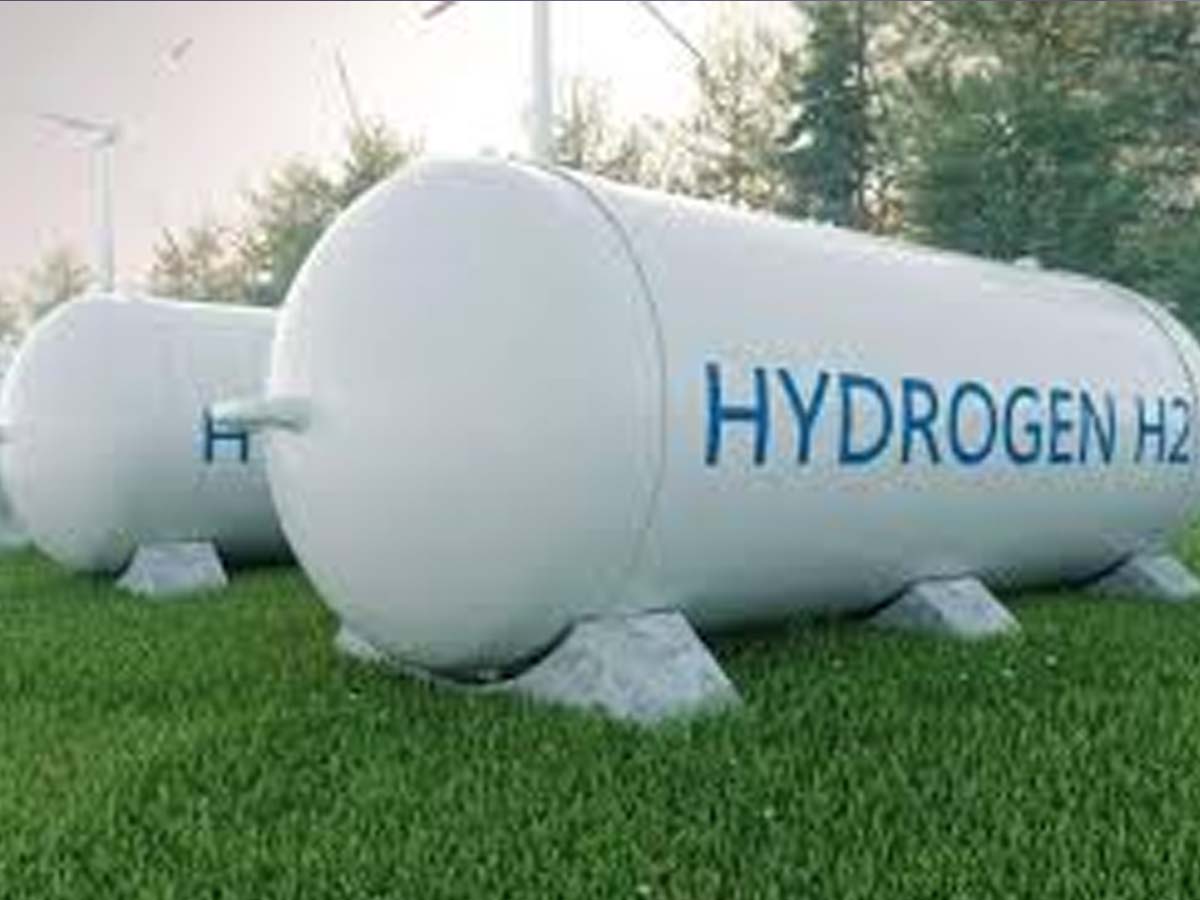india : This initiative aims to strengthen India’s domestic green hydrogen market and drive reforms to attract private investment, aligning with the objectives of the National Green Hydrogen Mission.
green hydrogen
The World Bank has reinforced its support for India’s Green Hydrogen Mission by approving an additional $1.5 billion loan, bringing the total assistance to $3 billion.
This initiative aims to strengthen India’s domestic green hydrogen market and drive reforms to attract private investment, aligning with the objectives of the National Green Hydrogen Mission.
Auguste Tano Kouame, the World Bank’s Country Director for India, lauded India’s rapid progress, noting the issuance of tenders and expressions of interest amounting to $70 billion. He emphasized the significant achievements within a year, describing the progress as remarkable.
The Second Low Carbon Energy Programmatic Development Policy Cooperation will facilitate reforms to enhance green hydrogen production, with a focus on critical technologies like electrolyzers. Additionally, the program supports reforms to promote renewable energy, including incentives for battery energy storage solutions.
The World Bank’s program aims to help India achieve an annual production of at least 450,000 metric tonnes of green hydrogen and 1,500 MW of electrolyzers starting from FY 2025-26. Encouraging private sector involvement is a key objective.
Kouame highlighted the reduced risk of producing green hydrogen in India due to significant government measures and urged for swift regulatory frameworks to attract more private players. He also suggested that the banking sector could play a crucial role in boosting the domestic market through partnerships.
The World Bank considers its operation in India’s green hydrogen sector one of its most ambitious programs. If successful, it could position India as a leading global producer of green hydrogen, potentially generating substantial green jobs.
Kouame emphasized the initiative’s potential to create 600,000 jobs, highlighting that these jobs are inclusive, particularly conducive to women, being less labor-intensive and more knowledge-oriented.
This initiative not only aims to advance India’s green energy goals but also to foster economic growth through sustainable practices and job creation, making significant strides towards global leadership in green hydrogen production.
